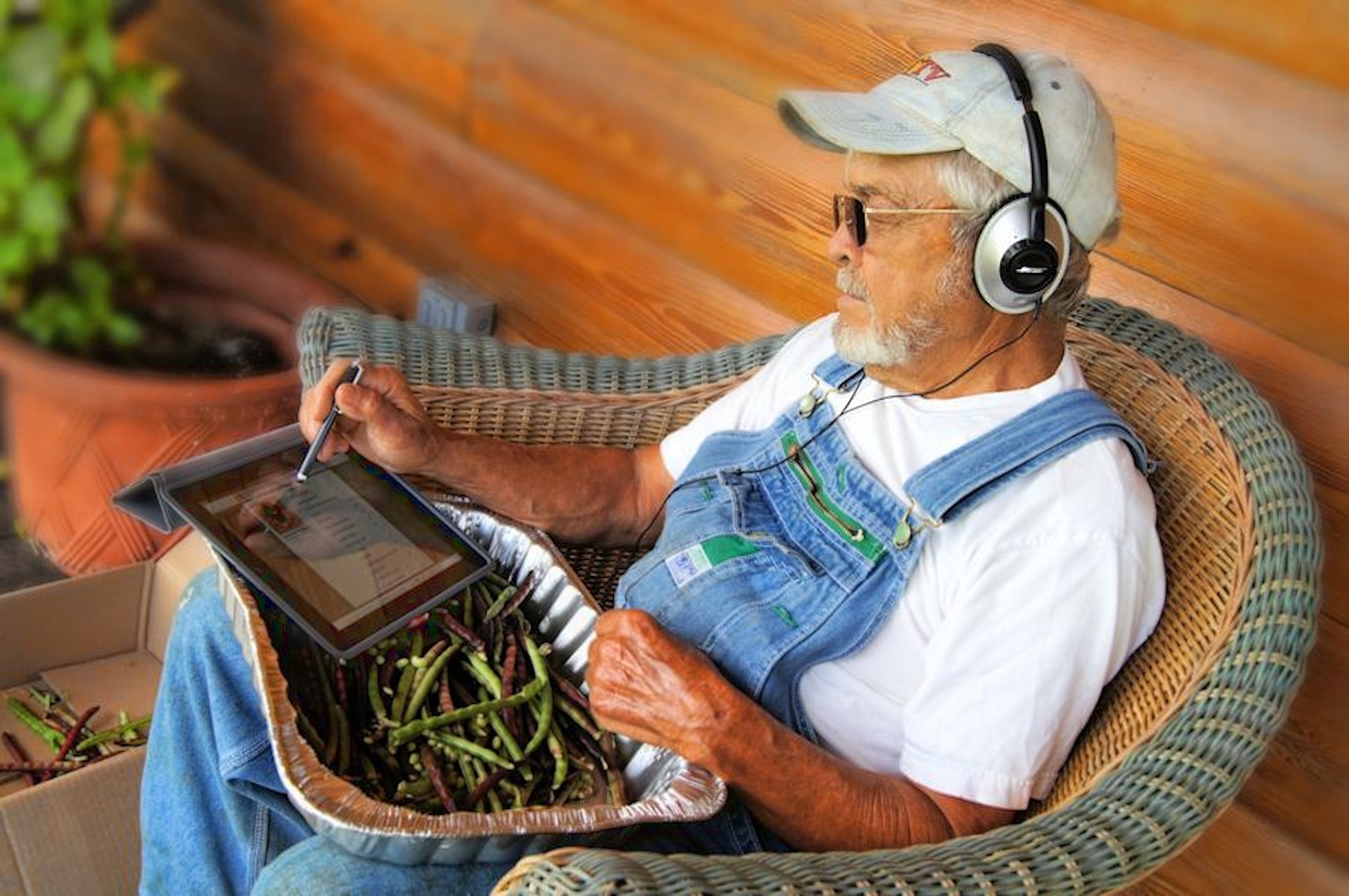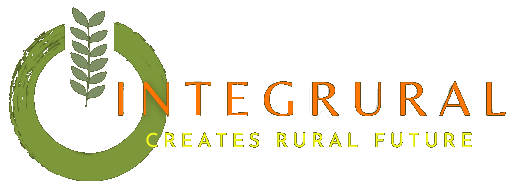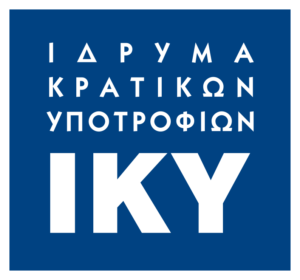Integrural
We are a network of entrepreneurs, universities, rural municipalities, social labs, digital experts, and researchers from Portugal, Spain, France, Italy, and Greece.
We want to support small farmers and microentrepreneurs of remote areas of Europe to access training for innovation and strategic thinking to combine agriculture and heritage management.
why integrural
In this transnational context, knowledge transfer and feedback can function both vertically and
horizontally: from the partners of the Strategic Partnership to the trainees, among the partners,
among the trainees, from the participants who will be trained as trainers to their local audiences
(creation of clusters), and, more importantly, among the clusters of the “virtual hub”.
Innovation in Rural areas
means networking and experimentation capabilities.
One out of three EU farm managers has followed either a basic or full agricultural training course; half of this group completed a full cycle of agricultural training.
However, the majority of farm managers (68.2%) learned their profession through practical experience only. It is important to take into account that 31% of farmers in Europe is represented by people who are +65, and 50% by people who are
between 25 and 65 years old.
This poses important generational questions in terms of competence transfer and fragmentation in terms of networking.
In general, the problem has been to see rural areas as “passive” in comparison to urban areas seen as “active”.

Transnational cooperation
For the realization of the project’s aims, transnational cooperation is the most important factor. European rurality is multifaceted, while the challenges which European rural localities have to face are to a large extent common and have to be addressed transnationally. Transnational cooperation can help to overcome the handicaps of rural areas as knowledge and innovation flows and lead to creative exchange of experiences, achievements and good practices in order to link agricultural production to other productive activities, such as cultural or alternative tourism, e-marketing etc.
In this transnational context, knowledge transfer and feedback can function both vertically and horizontally: from the partners of the Strategic Partnership to the trainees, among the partners, among the trainees, from the participants who will be trained as trainers to their local audiences (creation of clusters), and, more importantly, among the clusters of the “virtual hub”.
Three levels of work
1)training of trainers: we believe in the creation of the informal figure of local development facilitators.
2) multiplier events: we want to involve and engage many people, entrepreneurs, stakeholders to reflect on rural development and cultural accessibility.
3) transferring partners’ previous knowledge/techniques to widen local clusters, and job
shadowing. We want to facilitate the sharing of experience and improve how knowledge is transferred through digital means.
our training
You can apply & meet entrepreneurs
from all over Europe
#1 TRAINING (Cori, ITALY):
wine production/local capacity building and hub creation/cultural heritage and storytelling.
#2 TRAINING (Vila Real, PORTUGAL):
mountain stockbreeding/sustainable development/rural regeneration.
#3 TRAINING (Clermont Ferrand, FRANCE):
cheese and meat production / local branding and collective dynamic / territorial development.



